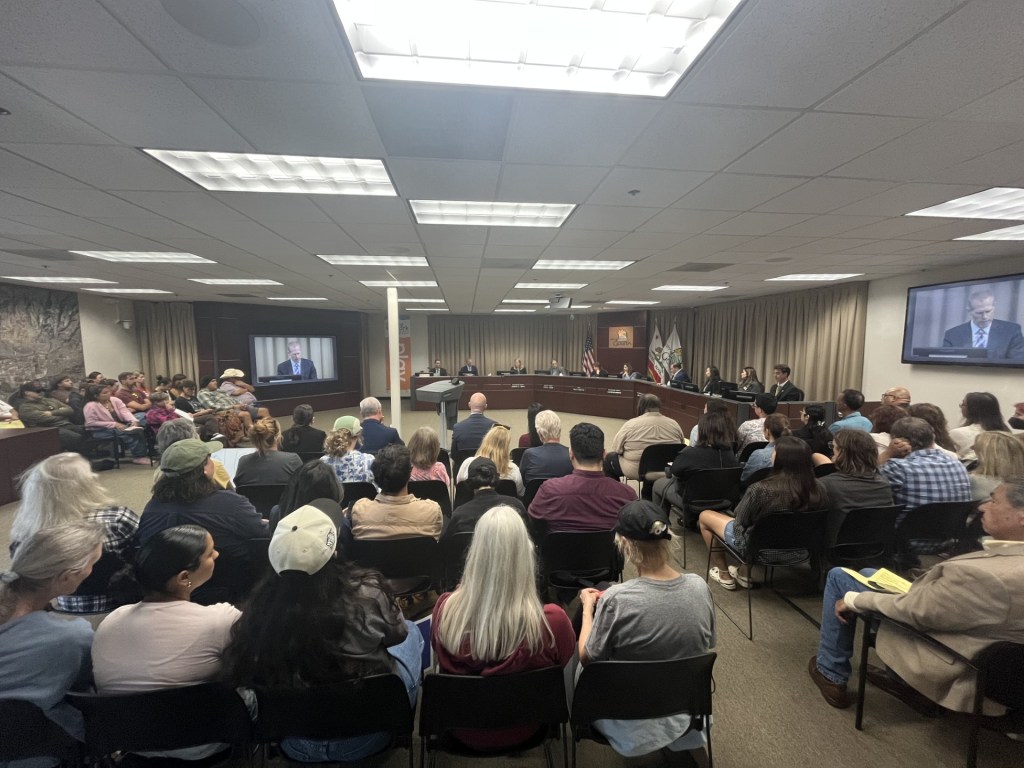California's Animal Welfare Law: A Republican Power Grab or Necessary Protection?

California's Proposition 12, designed to improve animal welfare standards, has sparked a heated debate that is now escalating into a political showdown. Republicans are accusing Democrats of overreach, claiming the law is unfairly burdening farmers in other states. But Democrats counter that Proposition 12 is a crucial step towards protecting animals and ensuring humane farming practices. This article delves into the controversy, examining the arguments from both sides and the potential economic impacts.
What is Proposition 12?
Proposition 12, passed by California voters in 2020, sets minimum standards for the confinement of egg-laying hens, breeding pigs, and veal calves. It prohibits the sale of products from animals raised in conditions deemed cruel, regardless of where they were produced. This includes requirements for larger cages for hens, more space for pigs, and prohibiting the use of gestation crates.
The Republican Argument: An Unfair Burden on Other States
Republicans, along with pork industry advocates and the American Farm Bureau Federation, argue that Proposition 12 is an overreach of California's authority and imposes an unfair financial burden on farmers in other states, particularly those in the Midwest where pork production is concentrated. They contend that these farmers are already operating under different, and often less restrictive, regulations. The law effectively forces these farmers to either comply with California’s standards – which can be costly – or lose access to the California market, one of the largest in the nation.
“This is a classic example of California trying to dictate policy to the rest of the country,” stated a spokesperson for the American Farm Bureau Federation. “It’s an economic attack on farmers and ranchers who are working hard to feed the nation.”
Legal challenges to Proposition 12 have been ongoing, with Republicans arguing that the law violates the Commerce Clause of the U.S. Constitution, which prevents states from imposing regulations that unduly burden interstate commerce. While the Supreme Court initially upheld parts of the law, it also acknowledged potential Commerce Clause concerns.
The Democratic Response: Protecting Animal Welfare and Consumers
Democrats defend Proposition 12 as a necessary step to protect animal welfare and ensure that consumers have access to humanely raised products. They argue that the law reflects the values of California voters and that farmers who choose to sell products in California should be held to California’s standards.
“Proposition 12 is about basic decency and ensuring that animals are treated with respect,” said a California state senator. “It’s about giving consumers the right to choose products that align with their values.”
Supporters of Proposition 12 also point to the growing consumer demand for more humane farming practices and argue that the law is ultimately beneficial for the agricultural industry, as it encourages innovation and the development of more sustainable farming methods.
The Economic Impact and Future Outlook
The economic impact of Proposition 12 remains a subject of debate. While proponents argue that it will stimulate the market for humanely raised products, opponents warn that it will lead to higher prices for consumers and financial hardship for farmers. The ongoing legal challenges and the potential for further regulatory changes add to the uncertainty surrounding the law’s future.
As the debate continues, one thing is clear: Proposition 12 has become a symbol of the broader tensions between states over regulatory power and the future of agriculture in America. The outcome of this controversy will have significant implications for farmers, consumers, and the welfare of animals across the country.






